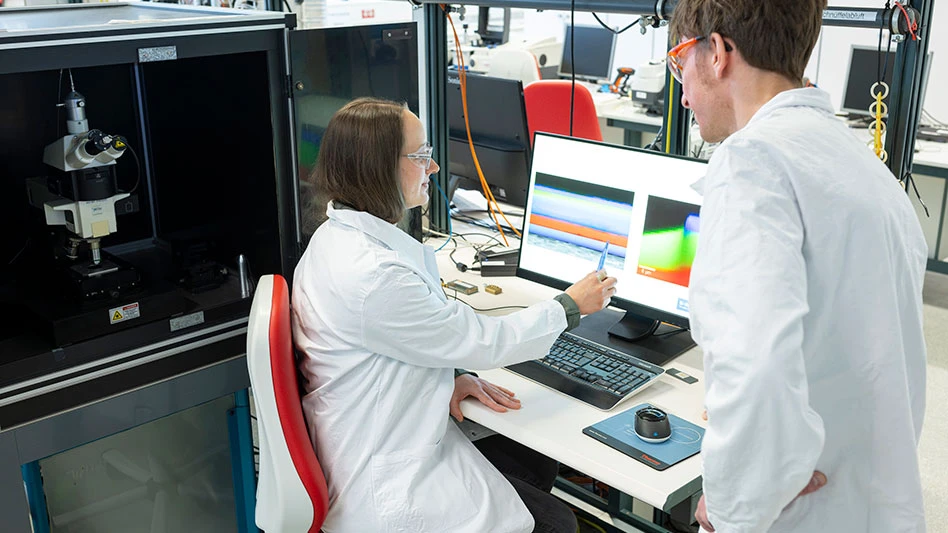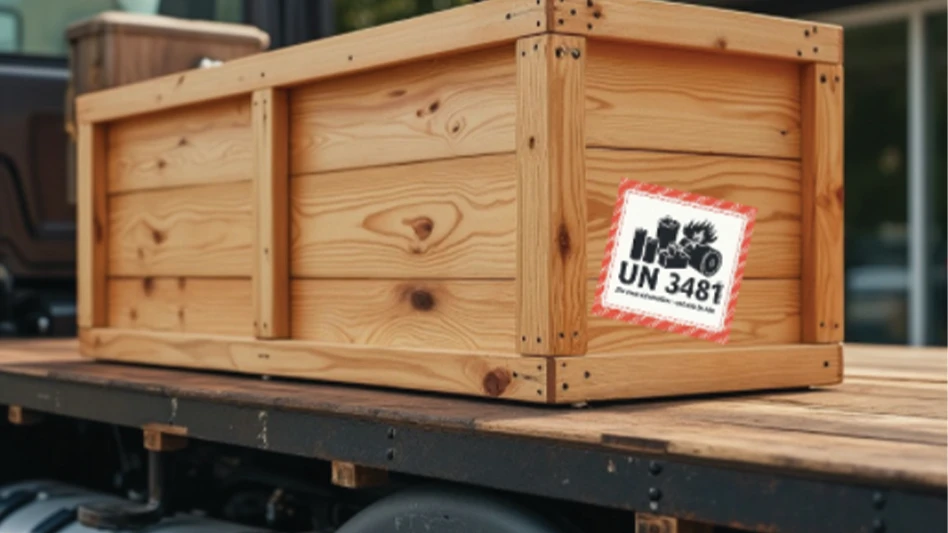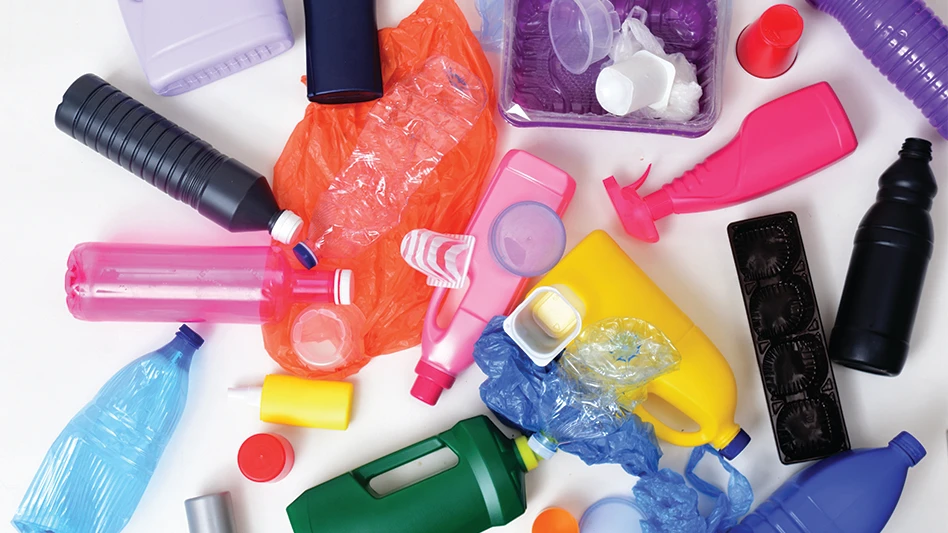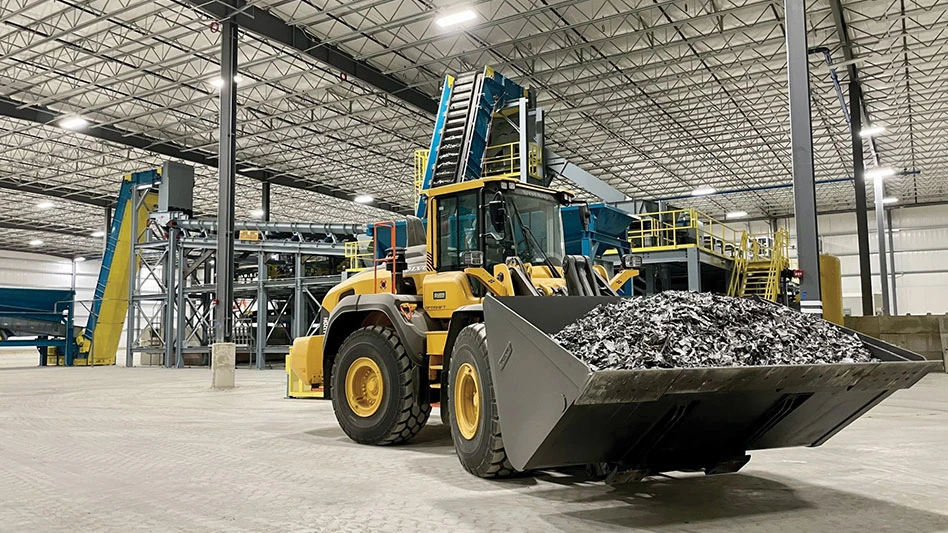
In its recently released 2016 annual report, titled “How do You Create Impact3,” The Recycling Partnership, Falls Church, Virginia, highlights the benefits of its work, focusing on year-on-year growth, systems solutions across the supply chain and the multiplier effect that new infrastructure delivers.
Keefe Harrison, CEO of The Recycling Partnership, says, “This report is a celebration of our impact to date, a marker of our explosive growth and tangible progress. Together with our funding partners and our colleagues across the supply chain, we are succeeding. Through partnership, we are doing things that individually we never thought possible.”
According to The Recycling Partnership’s 2016 annual report, the organization has:
- assisted more than 250 local communities and improved recycling for 19 million households;
- increased greenhouse gas savings from 43,000 metric tons two years ago to 164,200 metric tons;
- grown the cumulative tonnage of recyclables recovered from 15,100 tons two years ago to 57,500 tons today;
- placed nearly 400,000 curbside recycling carts during the last three years; and
- saved 382 million gallons of water and 2 trillion BTU of energy annually.
Key 2016 partner communities listed in the report are Greenville, South Carolina; Athens, Ohio; Outagamie County, Wisconsin; Emmet County, Michigan; Memphis, Tennessee; St Paul, Minnesota; Atlanta; Chicago; Denver; Portland, Maine; and Santa Fe, New Mexico.
In addition to community engagements, The Recycling Partnership has expanded to statewide work. In Massachusetts, the organization paired with the Massachusetts Department of Environmental Quality and a number of local cities to fight recycling contamination.
Also in 2016, the organization partnered with the Sustainable Packaging Coalition (SPC), Charlottesville, Virginia, to create an initiative called Applying Systems Thinking to Recycling (ASTRX). Through ASTRX, the organizations draw from their experience in packaging design and material recovery to create a system dedicated to “comprehensively mapping barriers and opportunities within the recycling landscape, then identifying tactics to advance the industry and deliver more high-quality recyclables to the supply chain.”
Latest from Recycling Today
- Supersede launches marine-grade plywood replacement
- Redivivus, Re-New-Able to build LIB recycling facility in Illinois
- Indiana county awarded $65K recycling grant
- Mixed paper, OCC prices end year on downward trend
- Updated: CAA submits final draft program plan in Oregon
- Enviri names new president of Harsco Environmental business
- Survey outlines ‘monumental challenge’ of plastic packaging collection in UK
- Nippon Steel acknowledges delay in US Steel acquisition attempt





